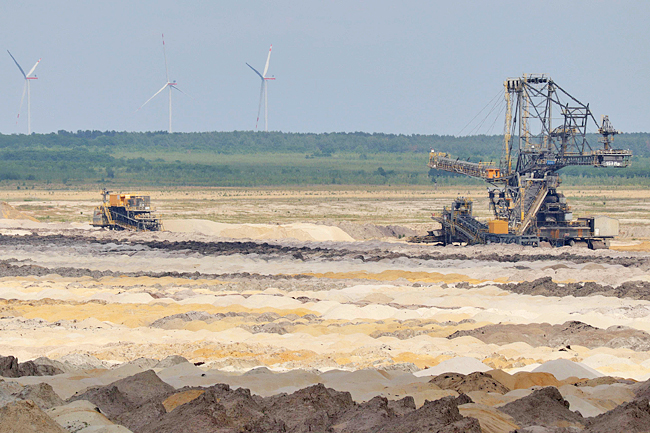PARIS (AFP) – Common standards unveiled yesterday for companies to report their greenhouse gas emissions could curb misleading climate claims in the corporate world, the chair of the body that wrote the norms told AFP.
Currently, most large companies report how many tonnes of carbon they emit into the atmosphere each year, but the data is often not reliable.
The poor quality of data and lack of common standards allows companies to overstate their climate credentials – the practice of “greenwashing”.
The new standards issued by the International Sustainability Standards Board (ISSB) yesterday will set uniform sustainability and climate standards for companies to follow worldwide from 2024. “Greenwashing… will end the day our standards have gained a sufficiently significant position in the markets,” ISSB Chairman Emmanuel Faber told AFP.
The standards aim to “reassure the financial market about the information it is given”, said Faber, the former chief executive of French food company Danone.

The ISSB was created by the International Financial Reporting Standards Foundation, a non-profit organisation governing international accounting rules. The new standards – dubbed IFRS S1 and IFRS S2 – “will help to improve trust and confidence in company disclosures about sustainability to inform investment decisions,” the ISSB said.
“And for the first time, the standards create a common language for disclosing the effect of climate-related risks and opportunities on a company’s prospects,” it added.
Companies have to voluntarily adopt the standards, or governments have to decide whether to require them to do so.
Countries are adopting measures to achieve carbon neutrality by mid-century in the hopes of limiting the increase in global temperatures at 1.5 degrees Celsius in line with the 2015 Paris climate pact.
This is creating a patchwork of regulations for firms to comply with and the financial stakes in the transition are becoming more and more important, both for the firms and their shareholders.


